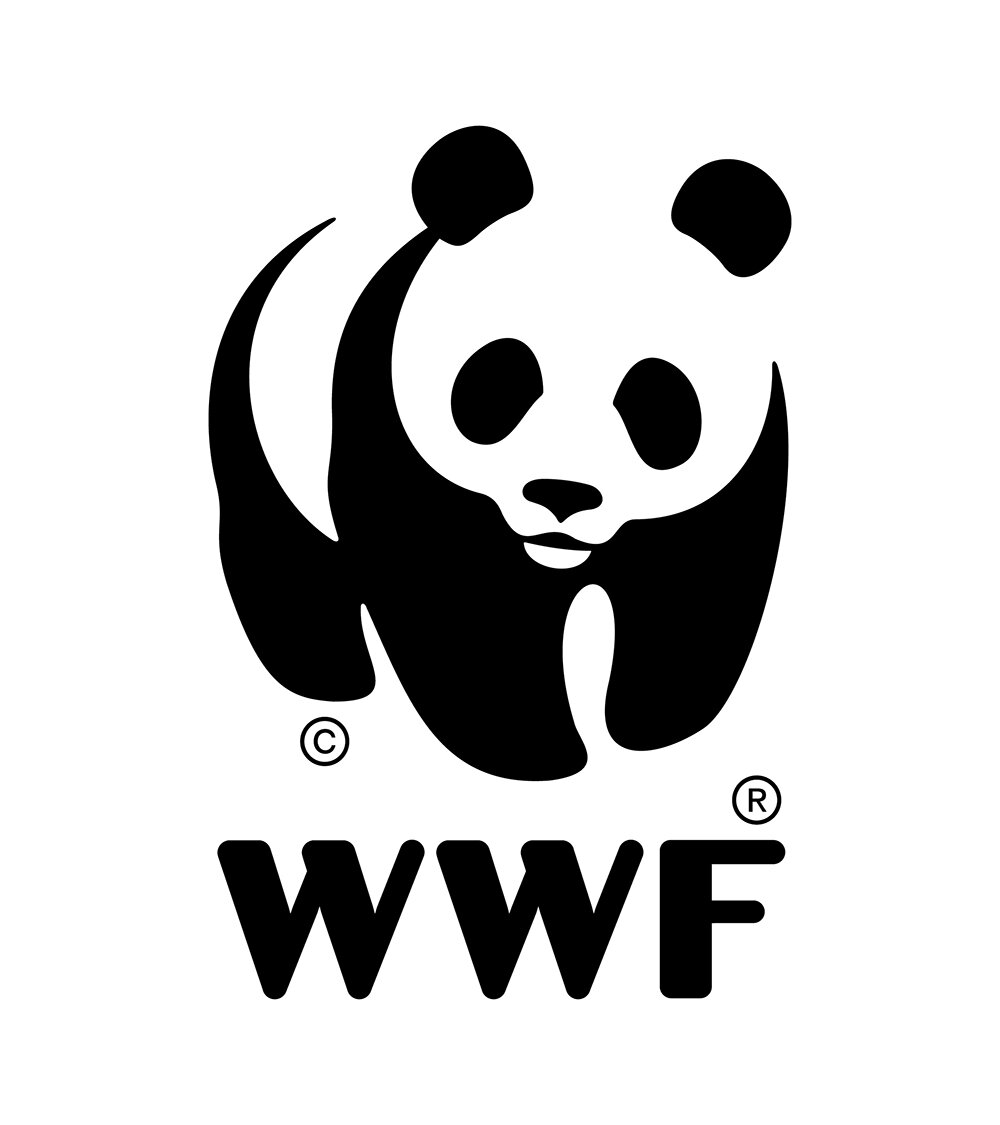What’s in the Net – Over one million turtles, seals, dolphins and seabirds killed each year by fishing
© naturepl.com / Espen Bergersen / WWF
WWF and Sky Ocean Rescue report calls for cameras on fishing boats to monitor and protect marine wildlife
Hundreds of thousands of endangered marine animals are dying unnecessarily every year as a result of being accidentally caught in fishing nets, according to a new report by WWF and Sky Ocean Rescue.
The What’s in the Net study documents that at least 720,000 seabirds, 300,000 cetaceans, 345,000 seals and sealions, and over 250,000 turtles die after being caught in fisheries around the world annually - alongside tens of millions of sharks. Many of these species are endangered or on the brink of extinction.
The report looks at how to address the serious issue of monitoring ‘bycatch’ - the unintentional capture of marine wildlife by commercial fisheries - and minimise the number of animal deaths. WWF and Sky Ocean Rescue are calling for the adoption of Remote Electronic Monitoring with cameras (REM) to improve monitoring of catches and accountability across fisheries.
WWF’s recent Living Planet Report 2020 showed that nature is in freefall with a 68% decline in species population sizes since 1970, and unsustainable fishing is impacting heavily on marine biodiversity. Fishing is the biggest threat to marine wildlife, due to the use of unselective fishing gear such as gillnets, purse seine, trawl nets and longlines.
Conservation of our most vulnerable cetacean, shark and turtle populations is only possible if effective ways to prevent and reduce bycatch are developed. Currently, there is no accurate measurement of the true nature of the problem, as there is very little independent monitoring of most fishing activities at sea.
The use of REM has many benefits, including cost-effective data collection, which can help manage a fishery sustainably and increase compliance with legislation, which will improve consumer confidence in seafood caught in REM fisheries. REM is also a human welfare issue, helping to support human observers at sea by allowing them to operate more safely.
John Tanzer, Head of Oceans Practice, at WWF International said:
“Ocean recovery is vital to all life on our blue planet. Effective monitoring at sea is a key part of supporting this recovery and REM with cameras presents a cost-effective and low-risk solution to support the work of human observers, and significantly expand independent monitoring across fleets where there is no monitoring. The COVID-19 pandemic has highlighted the critical importance of restoring healthy natural systems and building resilient supply chains, and we feel confident that REM with cameras can contribute to these efforts.”
Helen McLachlan, Programme Manager – Fisheries, at WWF-UK said:
“Nature is in freefall and we need urgent action to turn this around both on land and at sea. Effective monitoring of fisheries will help us understand their true impact on wildlife and in turn help minimise the needless death of millions of marine mammals, turtles, sharks and seabirds in fishing nets across our oceans every year. WWF is calling on the UK to demonstrate global leadership by adopting full monitoring with cameras across vessels fishing in our waters, including those fisheries known to be at high risk of wildlife bycatch.”
Fiona Ball, Group Director Bigger Picture, at Sky, said:
“Sky Ocean Rescue are pleased to have contributed to this report in our continued partnership with WWF to help protect our oceans and drive towards to a net zero future. Putting the ocean on the path to recovery simply cannot wait, because the health of our oceans is inextricably linked to climate change. Through reports and technology like this that we will enable marine wildlife to thrive and improve the health of our waters.”
WWF is urging governments to support the adoption of Remote Electronic Monitoring with cameras (REM) in order improve accountability across fisheries and for addressing the urgent problem of wildlife bycatch across our oceans.
For further information, additional content, copies of the report or the executive summary or to arrange an interview, please contact:
Stuart Miller | Media Manager (News) at WWF | 01483 412184
T: +44 (0) 1483 412184 | E: smiller@wwf.org.uk
Out of hours contact
T: +44 (0) 7500 577620| press@wwf.org.uk


